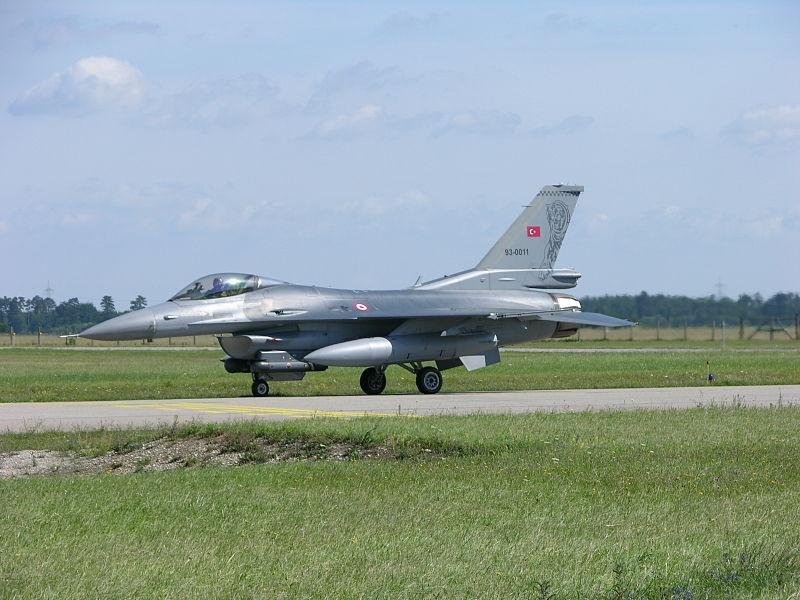ANKARA, Turkey, July 24 (UPI) -- Turkey's first airstrikes on Islamic State positions in Syria Friday reinforced a major policy change to directly confront the militant group.
Three Turkish F-16 fighter planes left an airbase in Turkey and struck two IS command centers and a barracks with guided missiles on the Syria-Turkey border, a statement from Turkish Prime Minister Ahmet Davutoglu said. It was followed by the detention of 297 suspected terrorists in raids across Turkey by security forces.















